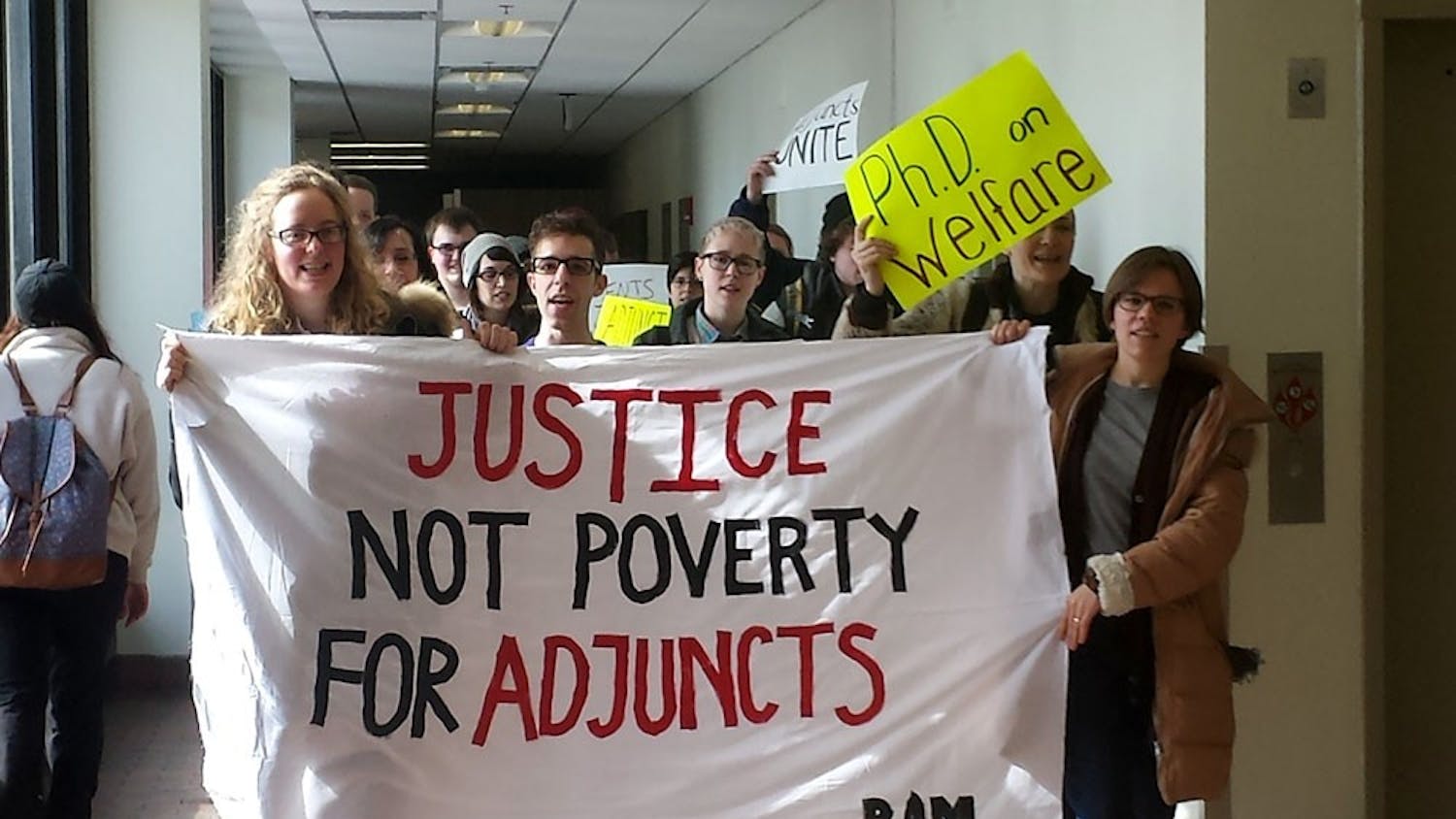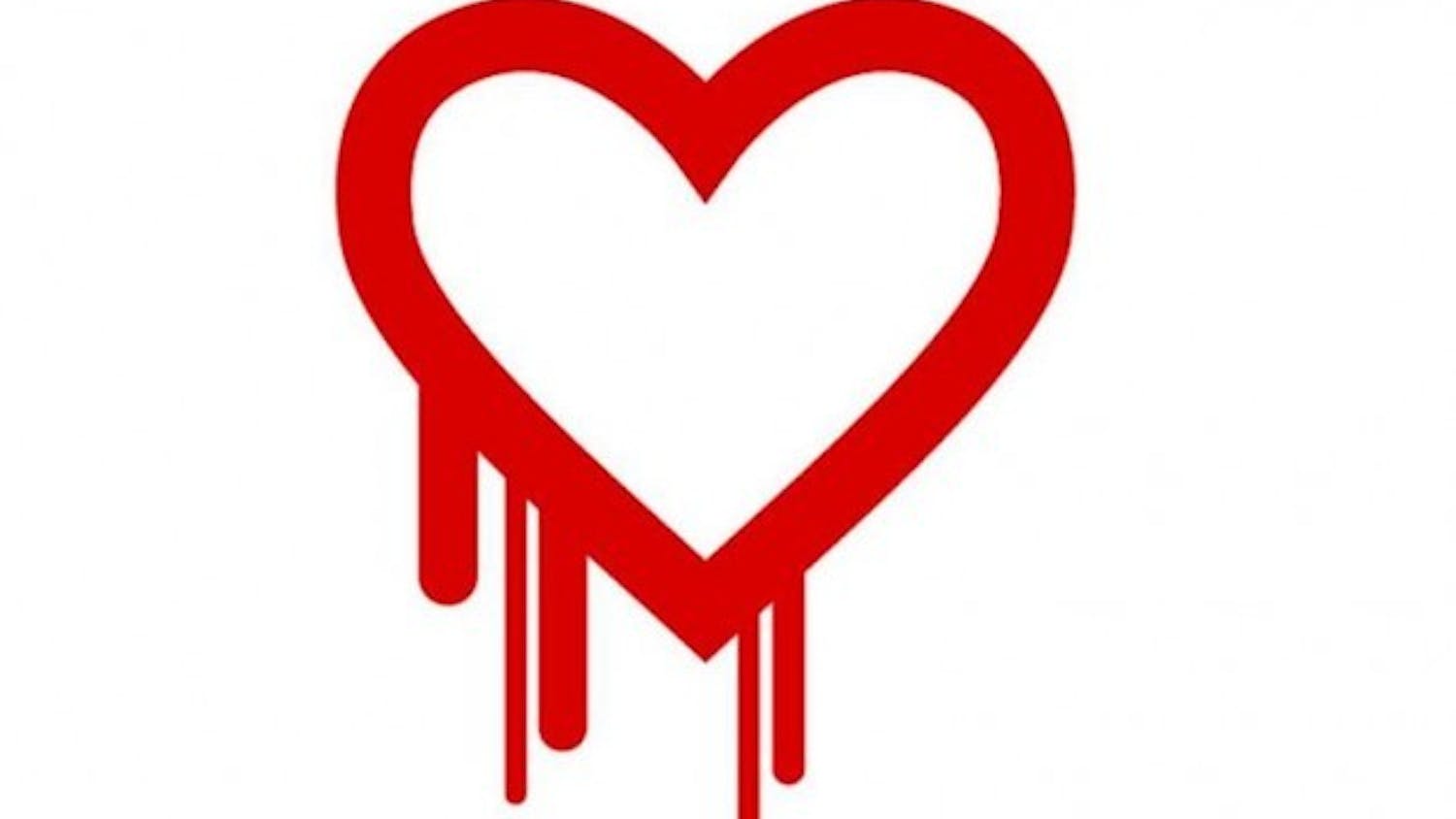When Ayyaz Tufail, the Muslim Student Association (MSA) president, moved to New York City with his family in January 2001, he visited the twin towers.
Standing atop one of the world's tallest buildings was thrilling, he said. When news of the attacks broke, memories of the past visit merged with worries for the future."[My family and I] were all sad when the towers crashed, and didn't really know or understand what it meant for us, that people who had carried out the attacks had used our religion as an excuse," Tufail said.
Muslim students have come to expect every kind of reaction to their religion.In the aftermath of the terrorist attacks on Sept. 11, students have experienced acceptance or tolerance from some, and discrimination from others.
Tufail and MSA Secretary Sunny Jamil were both elementary students in New York City on the day of the attacks. Tufail recalls he and his family being denied entry into a store the afternoon following the attacks.
"Until this day I wonder if that was the first time we were discriminated [against] as Muslims – because of Sept. 11," Tufail said.
Jamil said he never really experienced any serious threats of discrimination. He just took the experiences in stride and used them to better himself, learning more about his past and why he was so different.
"I was just a kid; all I rememberis kids teasing me. I didn't take it as racism or discrimination, I just took it as bullies being bullies." Jamil said. "I was given an opportunity to fight something that was wrong against my religion. I had to go out and open a book or a website and read about it. I felt refreshed I was actually learning."
Despite his dedication to learning about his religion and culture, Jamil met roadblocks as he grew up. When attempting to have discussions with his peers, many of them harbored anti-Muslim sentiments because of the terrorist attacks. He realized that you can't eradicate one ignorant side.
"I tried to prove people wrong and they tried to prove me wrong and it was a never ending battle. Arguments never end," Jamil said.
When Jamil moved to Buffalo, he was surprised to hear stories of Muslims being stopped in airports multiple times in the past 10 years for security reasons; something he's never experienced.
"There are people who look the other way when they find out I'm an MSA officer, but there are also non-Muslims who email us asking us if they can volunteer," Jamil said.
Ten years later, many in the Muslim community still find that negativity and stigmas surround their religion. Many Muslims are uncomfortable speaking about their experiences and have found that they have had to be more cautious since the attacks.
Andrew Trond, a freshman accounting and sociology major said he can sympathize with Muslim students who are concerned that others harbor resentment.
"They're getting more stereotypes against them, and now when they're on a plane people are worried they're going to bomb us," Trond said.
The subject of Sept. 11 evokes different emotions in all Americans. However, Tufail, as with many Muslims, is often confronted with questions from his non-Muslim friends. He always takes the good with the bad and is quick to remind everyone that not everyone is equal.
"The religion Islam, which literally means peace, teaches us to be peaceful and be kind to all mankind, not just Muslims," Tufail said. "Just like there were bad people in the community of over a billion Muslims world wide, there are a few bad people who discriminate against Muslims and hold each and every innocent Muslim responsible for what happened on Sept. 11."
Email: news@ubspectrum.com




